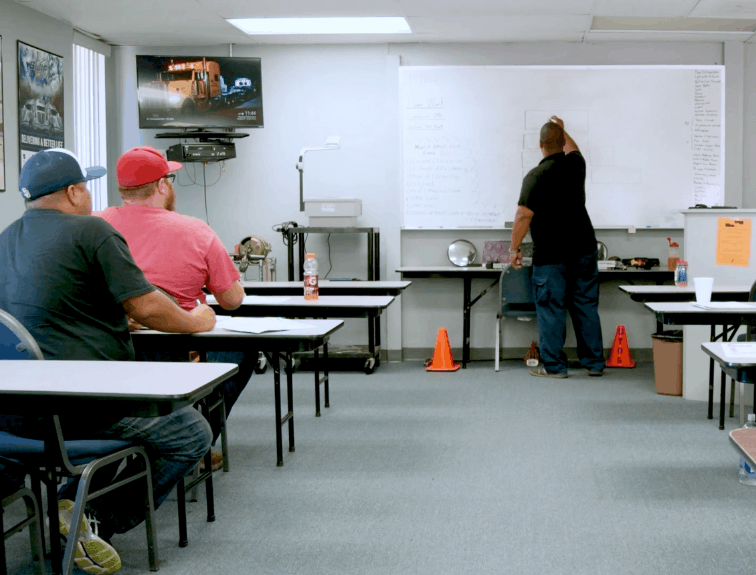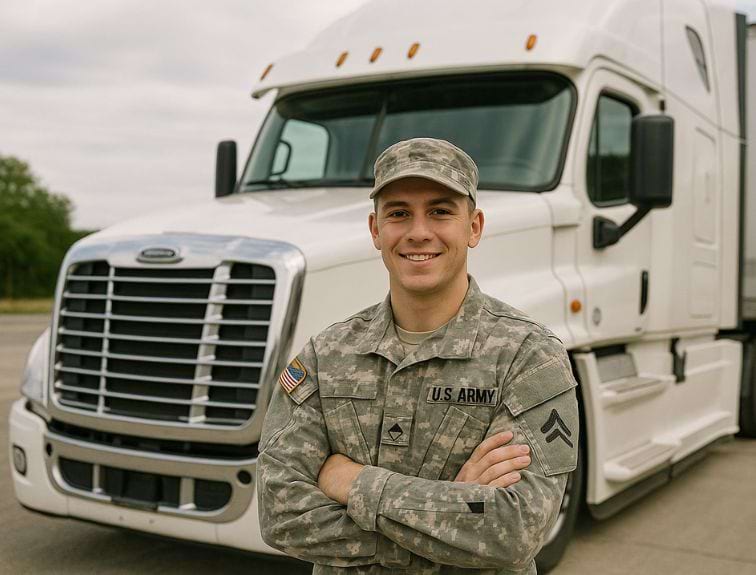The Department of Transportation (DOT) recently launched new Hours of Service (HOS) rules and paired with new Electronic Logging Device (ELD) rules, truckers have spent the last year attempting to manage their new schedules. The HOS rules are put in place for the safety of truck drivers and the other drivers they share the road with. Understanding these rules can be difficult if you have never had to comply with them before. We are going to help break it down for you.
Who is Affected?
Essentially any interstate big rig driver must follow the new HOS rules, though a few exceptions have been made. For example, livestock transportation truckers do not need to comply because livestock needs to drink water and rest, and UPS has received an extension. UPS drivers don’t need to comply until 2022. Even Canadian and Mexican drivers must comply while driving on US roads.
HOS Rules Schedule
- Your day of driving begins after having a minimum of 10 hours off. You cannot sleep in your berth for 8 or 9 hours and drive. You must rest for 10 full hours before you drive.
- You must take a 30-minute break sometime during your 8 hours of driving.
- Once you drive 11 hours you must stop for a 10-hour break.
- The Reset Rule: Once you drive either 60 hours in 7 days, or 70 hours in 8 days, you must take a 34-hour restart. Think of it as a weekend.
What’s The Big Deal?
If you’re new to driving and you are learning with these HOS rules, it’s really not a bad deal. However, if you’ve been driving for 20 years, you may have a schedule that is no longer legal. Let’s consider the 10-hour rest for instance. How many people actually sleep for 10 hours straight at home? Per the Center for Disease Control (CDC) we know that Americans aren’t getting enough sleep in general already.
10 hours of rest every night all week long for either 7 or 8 days… that’s a lot of rest. Previously, commercial drivers could rest 8 or 9 hours and hit the road. For drivers that get paid by the mile, the HOS rules can also affect their paychecks. That’s 12 hours in a week they’re not driving anymore.
At United Truck Driving School our job is creating qualified, professional drivers who understand the most current trucking laws. If you’d like to learn more about CDL licensing & commercial trucking as a career contact us.




